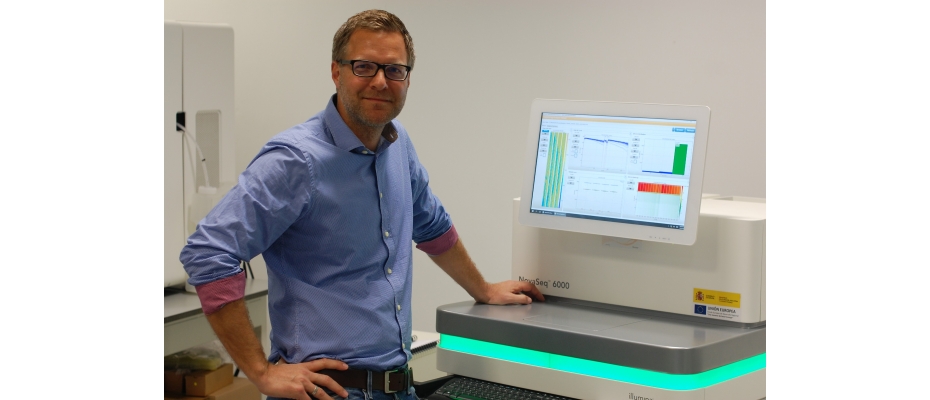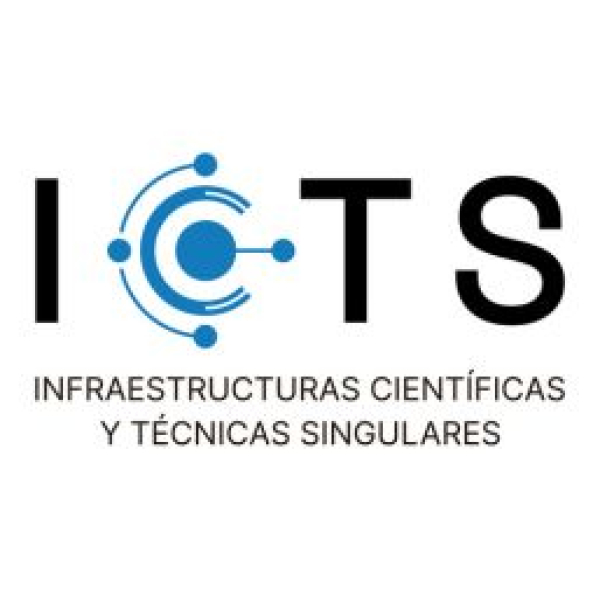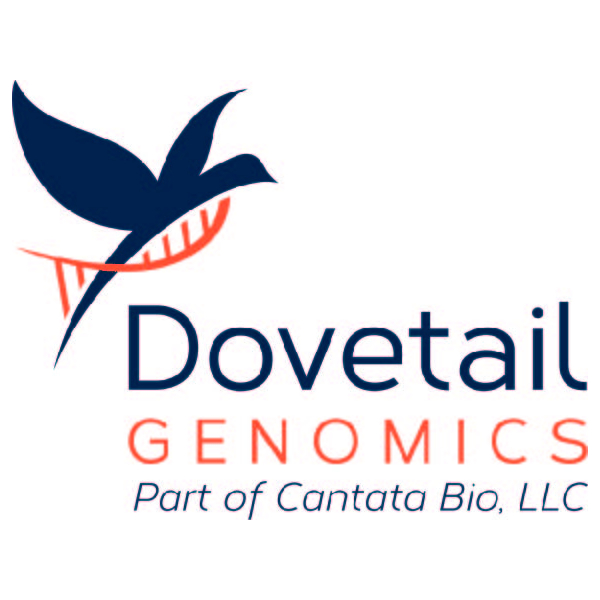
BCN, 21 June, 2019.- The Chan-Zuckerberg Initiative (CZI), generously supported by Mark Zuckerberg and Priscilla Chan, is announcing today further contributions to the Human Cell Atlas (HCA) project. Following up on their support for establishing an HCA data coordination portal and for several technical and computational pilot projects, CZI is now following on by funding large-scale production efforts for entire human organs. This is in line with the goal of the HCA, an international consortium with more than 1,400 participants, to produce a comprehensive atlas of all cell types of the human body. This endeavor is now possible through breakthrough technologies that analyze millions of single cells, one at a time, to describe their type, function and spatial location.
The CZI is supporting the Single Cell Genomics team at the Centro Nacional de Análisis Genómico (CNAG-CRG) headed by Dr. Holger Heyn to participate in a project to derive a cellular map of the human kidney. In particular, Heyn’s project is going beyond current efforts to profile single cells with selected technologies, but combines several techniques for transcriptomic, epigenetic and protein analysis. The projects aims to define sweet spots of single-cell approaches and determine which techniques are suitable to generate comprehensive cell atlases. Moreover, it aims to integrate the distinct molecular information into a multi-dimensional kidney atlas, to provide new insights into the organ’s biology.
“This will be a unique and fascinating dataset describing the major and rare cell types in the human kidney, as well as mechanisms that make them functional. Critical for our understanding of the organ will be the spatial profiling to interrogate how cells are organized in the tissue and how they interact”, explains Dr. Heyn.
The funding is part of the CZI’s wider announcement of $68 million to fund the 38 collaborative science teams making up the Human Cell Atlas. Participants in the three-year Seed Networks projects will focus on mapping specific tissues, such as the heart, eye, liver or kidney, in the healthy human body. The resulting cellular and molecular maps will be a resource for understanding what goes wrong when disease strikes.
Heyn’s group was funded in the past by the CZI to compare single-cell RNA sequencing technologies for their suitability to produce a human cell atlas.
“During the former project, we learned a lot about how best to profile transcriptomes of single cells”, adds Dr. Heyn. “In the new project, transcription is only one of several layers we are looking at. Eventually, the integration of several information types that will produce a complete atlas. This project can be seen as proof-of-concept, a model that is extendable to other organs of the HCA”.
While the former project was recently published (https://www.biorxiv.org/content/10.1101/630087v1), the current work will last for the next three years and join efforts from the CNAG-CRG, the Broad and Sanger Institutes, as well as groups in Japan (RIKEN), Germany (LMU Munich) and Belgium (KU Leuven).
“Collaborations are key to solve such problems. This cannot be done by a single lab or institute as much complementary expertise is needed for such a project to be successful”, underlines Dr. Heyn on the value of open and collaborative science.
About the Chan Zuckerberg Initiative
Founded by Dr. Priscilla Chan and Mark Zuckerberg in 2015, the Chan Zuckerberg Initiative (CZI) is a new kind of philanthropy that’s leveraging technology to help solve some of the world’s toughest challenges — from eradicating disease, to improving education, to reforming the criminal justice system. Across three core Initiative focus areas of Science, Education, and Justice & Opportunity, we’re pairing engineering with grant-making, impact investing, and policy and advocacy work to help build an inclusive, just and healthy future for everyone. For more information, please visit www.chanzuckerberg.com.











